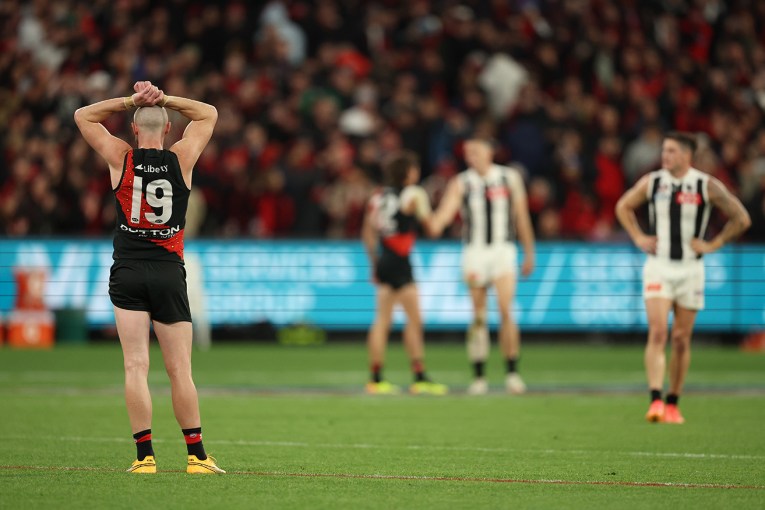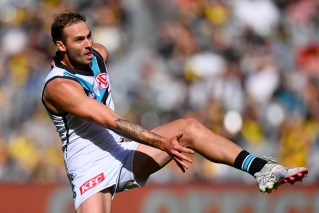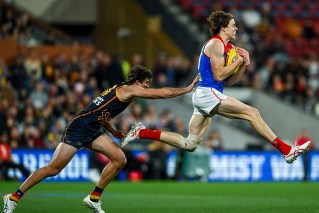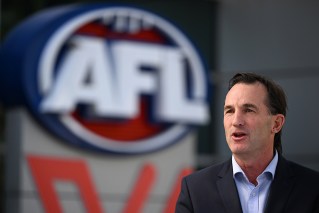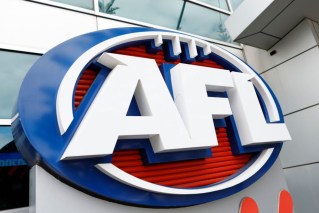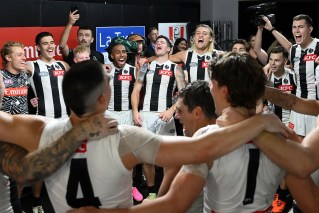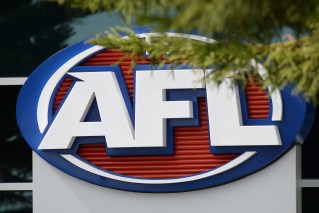Sport, drugs and gangsters: Why we need WADA
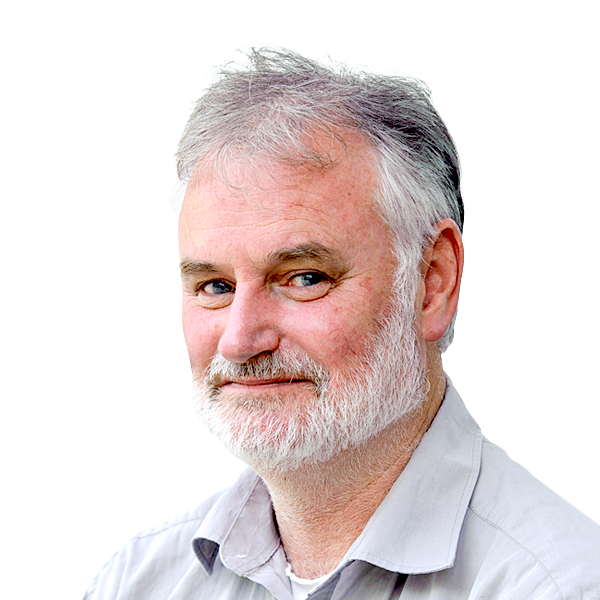
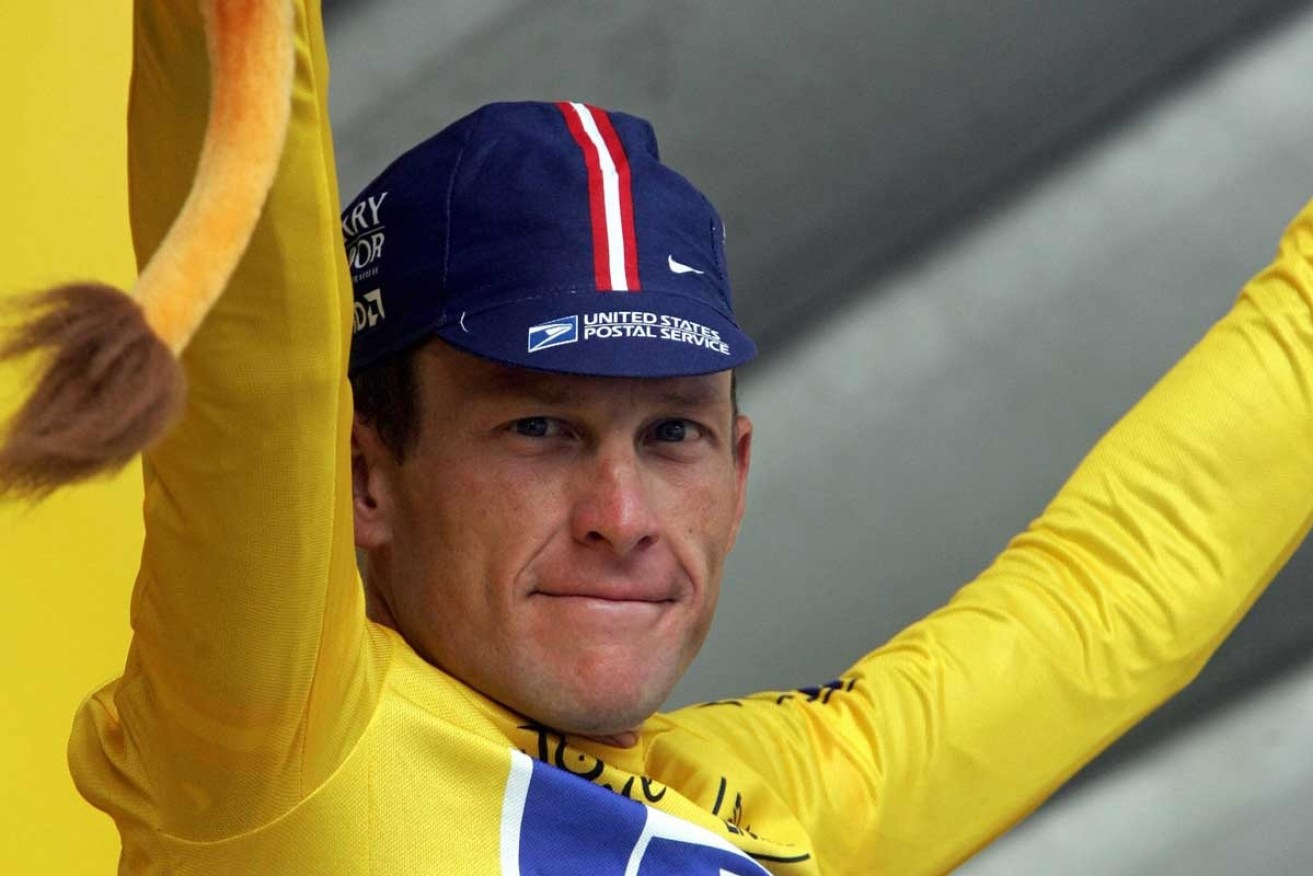
Getty
There’s a lot of nonsense floating around about Bombergate. As we head into the courts, some are calling for the AFL and NRL to reassess their compliance to the WADA code and ASADA’s statutory authority.
Lawyer and Australian Athletes’ Alliance head, Brendan Schwab, suggested in Fairfax Media it was time to “cut ties” with the anti-doping authorities.
Surely he can’t be serious. To withdraw at this point would be a bad look and thankfully Federal Sports Minister Peter Dutton has ruled out such a move. It would look like we have disagreed with the ump’s decision, and so decided to pack up our syringes and Sherrins and head off in a huff.
• Hird attacks ASADA
• Has James Hird fired his last shot?
We ignore WADA at our peril and calls to unhitch footy codes from its authority are irresponsible. This country would face IOC sanctions including disqualification from bidding for future Olympic Games.
The Essendon soap opera is not the doping issue to pick an international fight over. AFL is largely a Melbourne thing and it’s not worth frittering away Australia’s international sporting reputation on a localised code and club which failed to put in place the necessary checks on a seemingly rogue supplement regime.
What occurred was the fault of the club, its staff and board. They did not show the necessary duty of care to their players. As the Switkowski report stated, the Bombers instituted “a pharmacologically experimental environment [which was] never adequately controlled or challenged or documented within the Club”.
Such ineptitude is gob-smacking. If ever there was a case which shows the need for bodies such as WADA and ASADA it is this one.

The ‘darkest day in sport’ press conference. Photo: AAP
We think the darkest day in Australian sport is about footballers. They’re only part of the story.
The warning sign was the program’s links to organised criminal activity. Concern over the Bomber players has masked this. It was the reason Labor’s Home Affairs and Justice minister Jason Clare declared February 7, 2013 the darkest day in Australian sport.
How could a club’s hierarchy hop into bed with alleged associates of bikie groups? Essendon did and so have other clubs.
Tiger player Jake King has been much maligned for his friendship with ex-Bandidos boss Toby Mitchell. Toby’s no saint. He’s been shot a couple of times, once outside Doherty’s gym in Brunswick, which is next door to the Bandidos clubhouse.
When Bombergate broke last February, the ABC’s Lateline tracked down the out-of-contract Essendon player and Bombergate whistleblower, Kyle Reimers, in Doherty’s. He was working out under proprietor Tony Doherty’s supervision, hoping to be picked up by another club in the draft. Reimers didn’t get the nod and is now playing in the ‘burbs.

A News Ltd photograph of Richmond player Jake King (L) with Toby Mitchell.
Doherty’s a good mate of Mitchell. He’s also helped the Blues and Roos’ fitness programs, and is a known associate of Carlton Crew identity Mick Gatto, as well as Tony Mokbel’s old crime mate, the late Sonny Schmidt, and the elusive Stephen Dank.
According to Doherty, Dank knew the boundaries and when not to cross them. But Dank seems to have some curious business associates of his own. News Ltd alleged Dank supplied peptides to Mitchell and his Sydney business associates have reportedly done business with the Comancheros. Dank has neither confirmed nor denied these allegations.
Shane Charter has been more forthcoming and is now a star witness for the anti-dopers. He was James Hird’s personal trainer in the early noughties. Shortly afterwards Charter was arrested in possession of 10,000 pseudoephedrine tablets and jailed for two years.
Charter allegedly supplied the peptides which Dank administered to the Bomber players. Just recently Charter was nabbed by Victoria Police’s Purana Taskforce at Melbourne Airport on “drug related offences” but was released without charge.
We seem to forget the Sopranos-like soapie which lurks behind Bombergate. We think the darkest day in Australian sport is about footballers. They’re only part of the story. It’s about an Australian Crime Commission report linking Australian sport with organised criminal activity.
This is why we must hit hard sporting organisations that dope. This is why Essendon may face removal from the AFL competition.
Sport and crime have always been bedfellows. Why else have sports bodies introduced integrity units? Players and many coaches are just the unwitting mugs. The Bomber players seem merely the guinea-pigs in this whole shonky saga.
As a nation we are too trusting of our sports’ people, though we have a hidden history of doping and fixing. Just look at the underbelly of cycling, weightlifting and horse-racing. We’ve doped and fixed some of our best.

Marion Jones ended up doing jail time after taking performance enhancing drugs. Photo: Getty
This culture has now touched football and we tend to blame WADA and ASADA for the problem rather than the real culprits. Anti-doping authorities exist because athletes, clubs and sporting bodies sometimes break rules to gain a competitive edge.
Think of the East German athletes of the 1970s and ’80s. Many were children and they too had a program of pharmacological experimentation conducted on them. Last December 167 former East German athletes received compensation through the German Olympic Committee for harm caused by the mass doping program.
East German secret police files suggest in all over 10,000 athletes were doped. A number have developed cancers and suffered from depression, while females have experienced birth deformities.
Just look at the Balco scandal in the US. The San Francisco laboratory started in 1984 as a sports supplement supplier and diversified into steroids, EPO and numerous other illegal substances and potions.
By the 1990s it had doped some of America’s best. Baseball legend Barry Bonds was on the books, as was the Sydney Olympic gold medal sprinter Marion Jones.
This is why we need anti-doping agencies. To do away with them is to let loose the fixers, dopers and pseudo-scientists among young sports people, many of whom are incapable of making informed decisions about what is put into their bodies.
This is why we as a society must hit hard sporting organisations that dope.
This is why Essendon under the WADA code may face removal from the AFL competition. The club failed in its duty of care to its players and may well face the heftiest of penalties.
Tom Heenan teaches sport studies at Monash University
